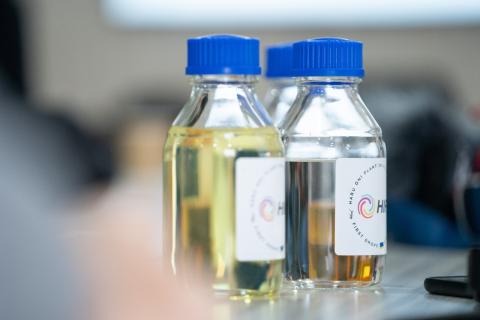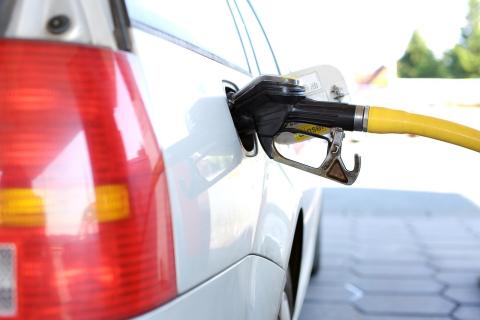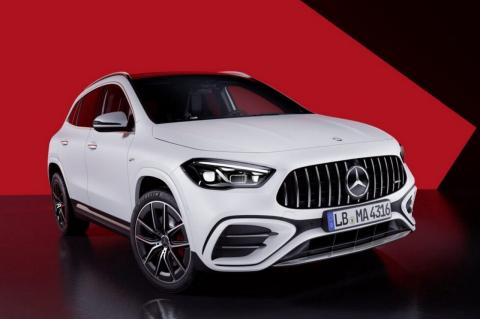Electric cars will not be the only ones for sale in 2035…
After receiving the support of the majority of the 27 member states of the EU and awaiting the decision of the Council of Ministers of Energy, things have to go awry so that the German proposal in favor of synthetic fuels does not come to fruition. good port. This will save combustion in 2035, an alternative that has three advantages and one drawback compared to electric cars.
Quick summary. Europe wants that, from January 1, 2035 onwards, only vehicles with zero CO2 emissions can be manufactured and sold. As of today, only battery electric cars and hydrogen cars meet the condition; but there are several manufacturers that say they are very advanced in their net synthetic fuel projects in emissions.
Three advantages of synthetic fuel compared to electric cars
Synthetic fuels, also known as e-fuels, are emission neutral because they emit exactly the same amount of CO2 that they capture from the atmosphere during the production process, so the bottom line is zero.
In this way, electric cars, hydrogen cars and vehicles with synthetic fuels will have exactly the same treatment at the legislative level in Europe. However, on a practical level, the last to arrive seem to outperform those who seemed to be the big winners of the reform…
1. Any combustion car can use it
The announcement that synthetic fuels will be a real alternative to electric ones in 2035 has raised many doubts, but one of the most heard among drivers revolves around knowing which cars can use e-fuel and if they will have to change theirs or have it some modification. The answers: all those who, to this day, refuel with diesel or gasoline and not.
“One of the main advantages of synthetic fuels is that they can be used in existing vehicles without the need to make any modifications to the engines,” explains Berta Cabello, Repsol’s director of renewable fuels.
2. You can refuel at gas stations
Current combustion cars do not need to be modified to use e-fuel as fuel in the same way that current gas stations can be used without having to face any type of reform. Neither will investments be required at the logistical level, since the current distribution networks will serve up to the points of sale.
This supposes an obvious advantage with respect to electric cars, for the popularization of which it is essential to expand the public charging network.
3. Refueling time
E-fuels do not differ, at first glance, from gasoline and diesel because, like these, they are liquid fuels. This assumes that the refueling method is identical to that of diesel and gasoline and therefore also the time.
Here is another important difference with respect to battery electric vehicles that, depending on the model and the power of the charger, require much longer waiting times (although here, it is fair to say, that in 2035 both the autonomy and the recharging processes They will have improved a lot.











